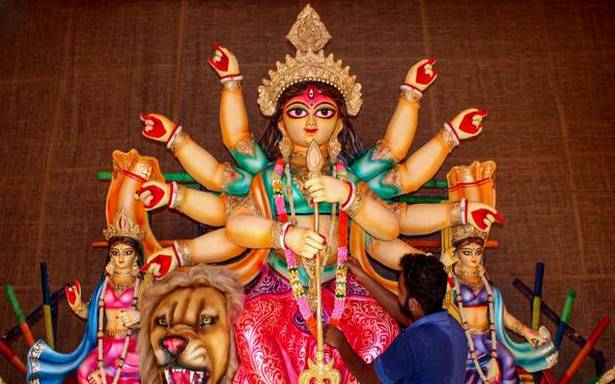Live Classes

It is time for South Asia’s political leadership to form a united front against all forms of religious extremism
This month, Durga Puja pavilions, Hindu temples and homes were attacked in Bangladesh. These attacks followed rumours that the Koran had been desecrated at a pandal. Prime Minister Sheikh Hasina’s administration assured the Hindus of security and deployed additional security forces in districts which had witnessed attacks. A few hours after the Prime Minister’s assurance, an ISKCON temple was attacked. At least five people have been killed in these attacks.
A legacy of conflict
Religious tension is not new in the Indian subcontinent. Conflicts often break out among different religious groups, and minorities are targeted. The 1992 Babri Masjid demolition in Ayodhya caused riots which led to the deaths of about 2,000 people. The 1993 Bombay bombings, the 2019 Easter attacks in Colombo, and the frequent terror attacks in Pakistan over the past decade are other examples.
In the case of Bangladesh, where Hindus make up about 9% of the population and Muslims 90%, attacks against the Hindu minority are either retaliations to acts committed in the name of religion within the country or neighbouring India, or due to the extremist views of some Muslims. For instance, the demolition of the Babri Masjid in Ayodhya instigated a violent response in Bangladesh and mobs started demolishing multiple Hindu temples.
Download pdf to Read More